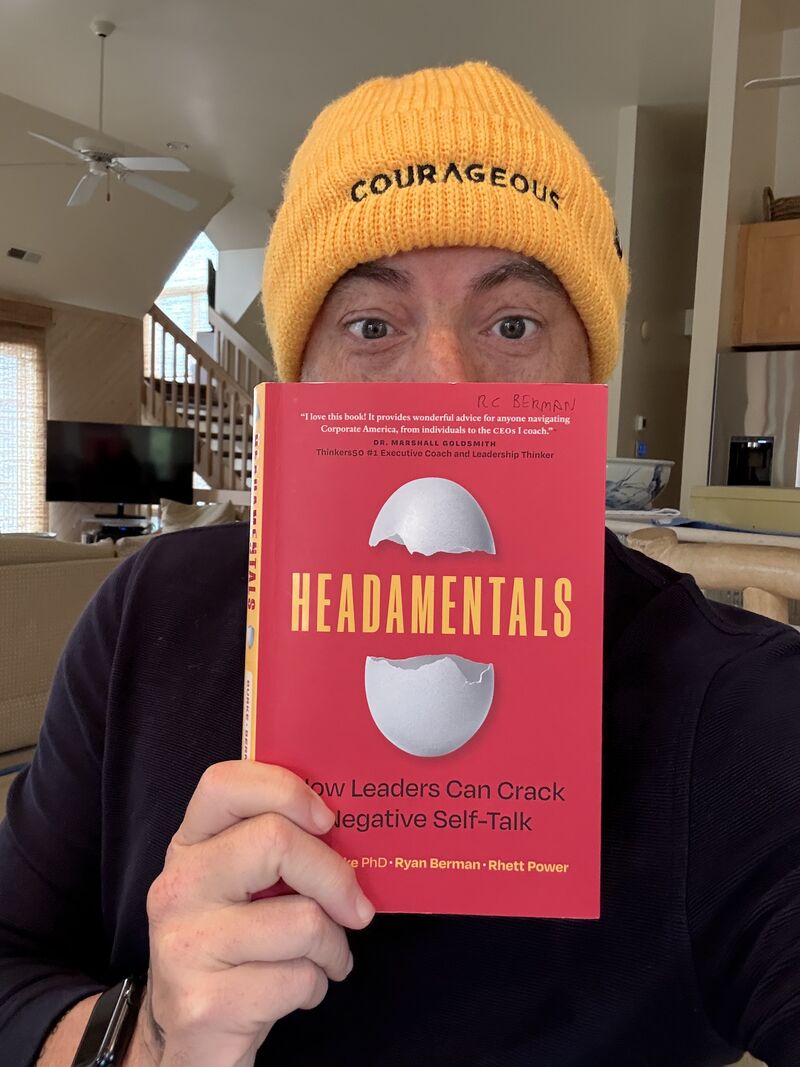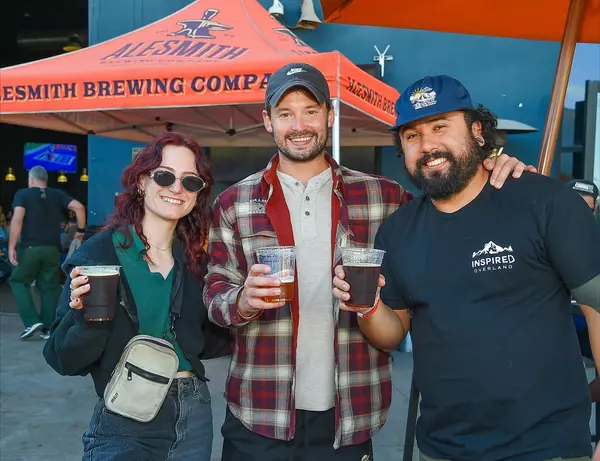Lender takes back Campus at Horton property in downtown San Diego
Seven years after buying the once iconic Horton Plaza mall in the heart of downtown, developer Stockdale Capital Partners has lost control of the property that it refashioned into a mixed-use office campus called the Campus at Horton.
On Monday, the unfinished campus property went back to Stockdale’s lender, Luxembourg-based investment management firm AllianceBernstein, following a public auction at the East County Regional Center.
The forced sale, which was attended by a handful of observers and three representatives from the lender, took place in two parts. The lender set the opening bid for the campus property at 324 Horton Plaza at $130 million. The opening bid for the leasehold to the adjacent, city-owned park at 199 Horton Plaza was set at $9 million. There were no bids in either auction.
The auctions bring to an end an extended nonjudicial foreclosure process, which started in February and was triggered by the developer’s overdue loan balance, last pegged at $365.7 million plus interest.
Stockdale Capital Partners did not respond to a request for comment.
The Campus at Horton is the reincarnation of Horton Plaza, the 1980s-era, post-modern mall famous for helping to revitalize downtown. The 10-acre property consists of seven blocks between First and Fourth avenues, starting with the city-owned Horton Plaza Park along Broadway to the north and meandering south to G Street.
In August 2018, Stockdale, a Los Angeles-based real estate investment firm, purchased the retail center for $175 million. The following year, the firm was granted approval to convert the mall into a mixed-use campus with office and retail space.
In March 2020, Stockdale took out a $328.5 million construction loan from AllianceBernstein to fund the mall-to-office conversion project. The loan amount was later increased to $398.5 million with a balance due date of July 10, 2024, according to a February notice of default recorded against the property.
In December 2022, Stockdale signed a 25-year lease for the neighboring city park, agreeing to spend millions of dollars on improvements to turn the mostly concrete urban plaza into a more inviting destination that would serve as the campus project’s front door.
The project was felled, however, by a number of obstacles, including a pandemic that shifted workplace dynamics to the detriment of the entire downtown office market. There were other contributing factors.
“The vision that they had (initially) was to replicate something similar to what they did in Scottsdale, Ariz., which was going to be (to create) a big, tech office campus. And … they chose a marketing direction that was focused on their relationships in the Bay Area,” said Richard Gonor, an executive with real estate firm Jones Lang LaSalle who specializes in leasing and sales for downtown office properties. “I think that was a mistake.”
The developer then shifted directions, in September 2020, to chase after life science tenants.

“But the life science companies haven’t come downtown in a meaningful way, and so (Stockdale) went from putting all their eggs in one basket to hopping into the life science arena and hiring a marketing team that was just going to focus primarily on life science,” Gonor said. “Most of the inbound (tenant) migration started to wind down in 2019 and then you had the pandemic, which really changed the dynamics. And so a lot of the activity that you see in the downtown area has become musical chairs. For a project of this magnitude, it’s true, you can’t just rely on downtown tenants, but you can’t also ignore them.”
By 2024, the success of the project appeared to hinge around whether Stockdale would be able broker a deal with the city of San Diego. The city was, at the time, interested in buying the office portion of the campus as part of a plan to replace its aging City Hall complex. San Diego Mayor Todd Gloria shelved the plan for a new City Hall in December in light of the city’s substantial structural budget deficit and a failed sales tax measure.
In February, AllianceBernstein filed the notice of default, initiating the nonjudicial foreclosure process. The property’s public auction date was later set for June 2, but was postponed several times.
In late June, a court-ordered receiver was put in place to oversee the Campus at Horton, with the developer and its lender seemingly ready to hash out a resolution.
Now, the receivership will likely be dismissed in the days ahead, after the receiver submits a final report to the court, said commercial real estate attorney Gordon Gerson.
What happens after that is unclear.
Representatives with AllianceBernstein, present at Monday’s auction, declined to comment.
“AllianceBernstein now owns the property. They will likely seek a buyer for the property. Potentially, because of the nature of the property and the amount of debt, maybe they (will form a joint venture) with a development partner,” Gerson, whose firm, Gerson Law, represents lenders in foreclosure and bankruptcy proceedings, said. “It may be, because of the magnitude of the project, that there is no buyer out there. … AllianceBernstein’s position is really no better than Stockdale’s. Economically, they both potentially take a huge loss.”
As it stands, the majority of the mall-to-office conversion project — with the exception of the mostly untouched urban park — is complete. However, court documents associated with the receivership noted outstanding construction issues, including water intrusion throughout the property due to partially finished planter boxes.
In addition, most of the project’s signed retail tenants appear to have held off on starting improvements to their storefronts given Stockdale’s money troubles. If the retailers signed what’s known as a subordination, non-disturbance, and attornment agreement, as is common, their leases are assumed by the lender after the foreclosure sale, Gerson said.
At least one retail tenant is pursuing legal action. In May, Studio Three Fitness sued the developer in San Diego Superior Court for breach of contract. It is seeking to recoup $1.9 million worth of interior improvement costs spent to date on its storefront.
While Horton’s horizon is murky, downtown boosters maintain that the project’s failure is not a setback to their grand plan to engineer a renaissance of the city’s core.
“Downtown has matured to a point where it’s not defined by one project, and we remain optimistic about the future of this property given the opportunity this site presents,” Betsy Brennan, CEO of the Downtown San Diego Partnership, said in a statement. “With the plans to reimagine the nearby Civic Center progressing and new activity, projects, and investments all around, we feel confident this site has another chapter to its story.”
The Downtown Partnership is teamed with San Diego’s Prebys Foundation on advancing a lofty vision for the city’s Civic Center real estate holdings.
Recently, the well-heeled philanthropic organization also agreed to underwrite an analysis of the city’s downtown office expenses alongside costs associated with acquiring a new facility. The effort is being nudged forward by City Councilmembers Joe LaCava, Kent Lee, Stephen Whitburn and Sean Elo-Rivera. In late July, the council members issued a memo to the parties, expressing their interest in the analysis and inviting the Downtown Partnership and Prebys Foundation to present their findings to City Council once the report is complete. The foundation told the Union-Tribune that it is still finalizing the details of what will be studied. It expects to spend $150,000 on the analysis, which will be managed by the Downtown Partnership.
Categories
Recent Posts










GET MORE INFORMATION


